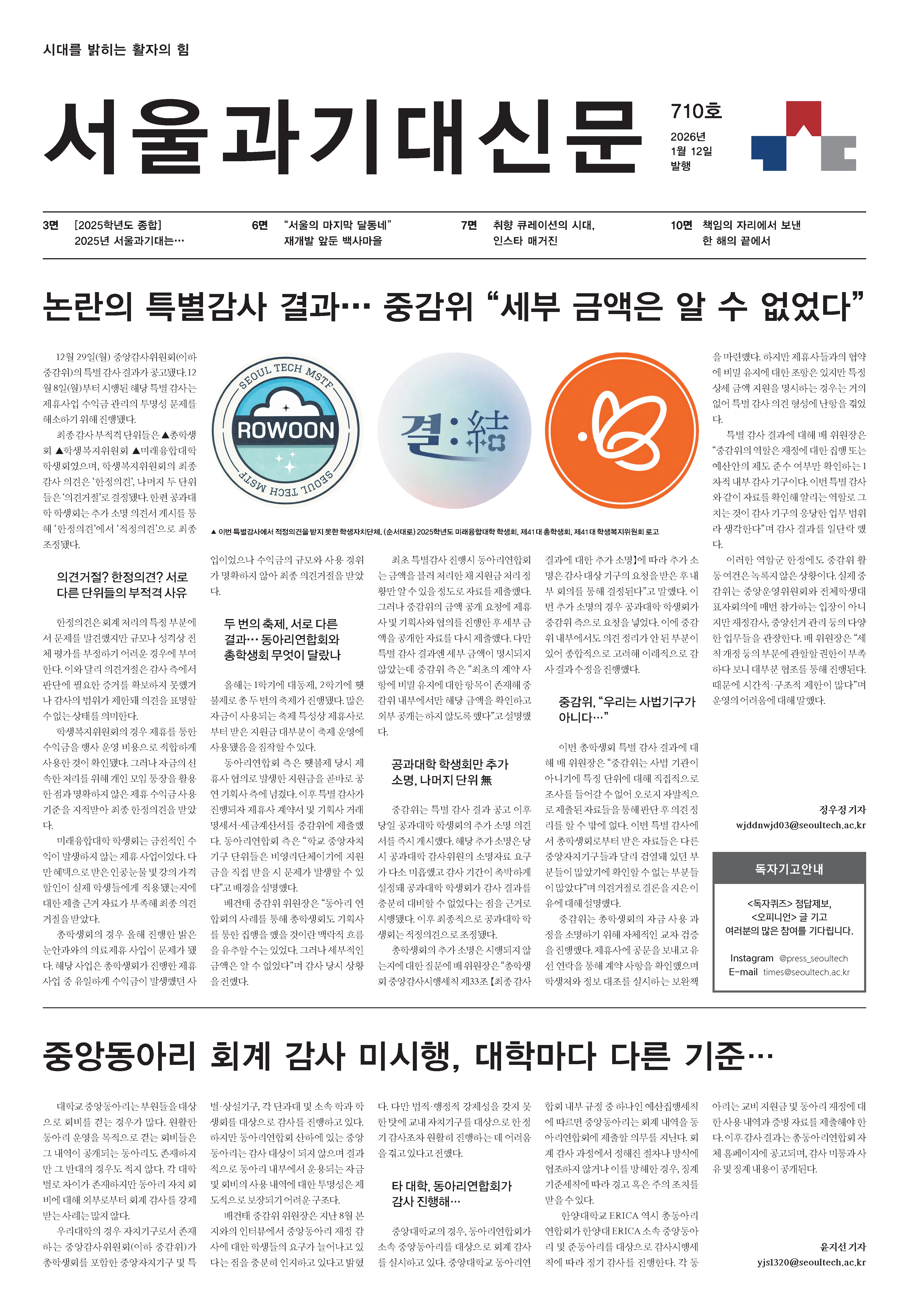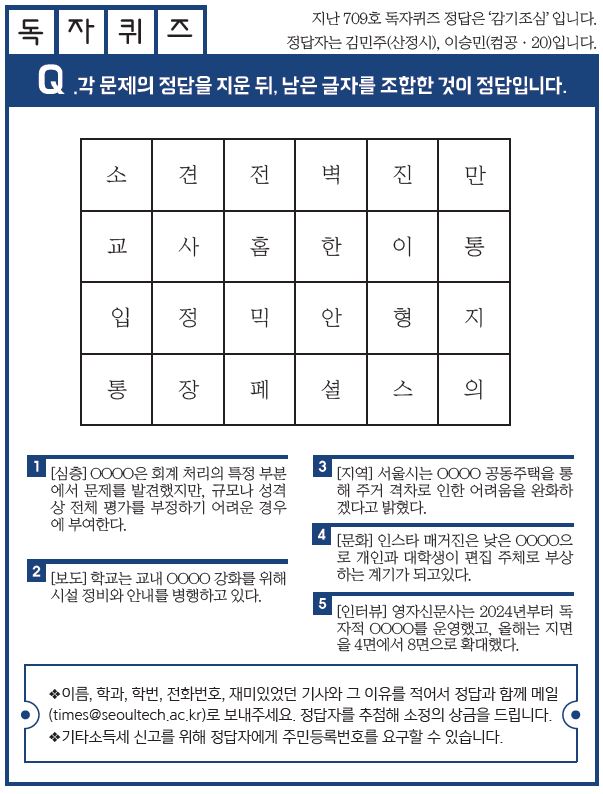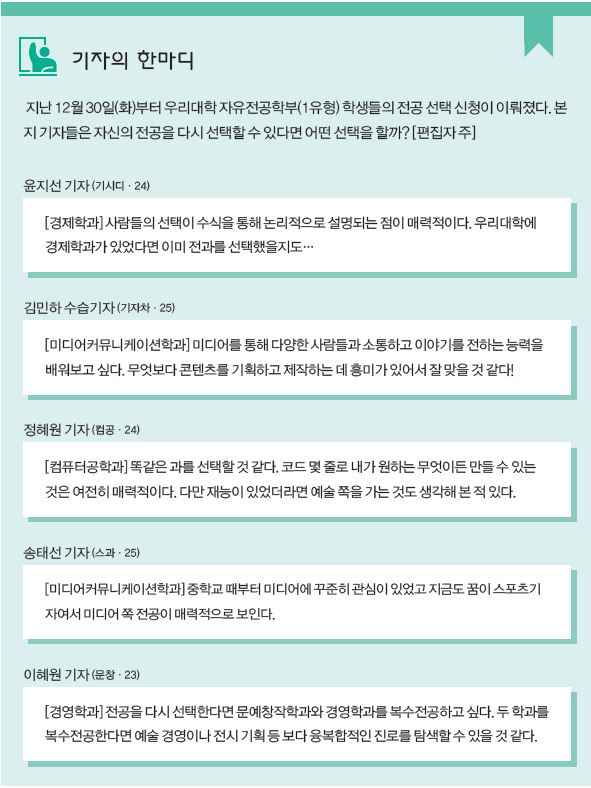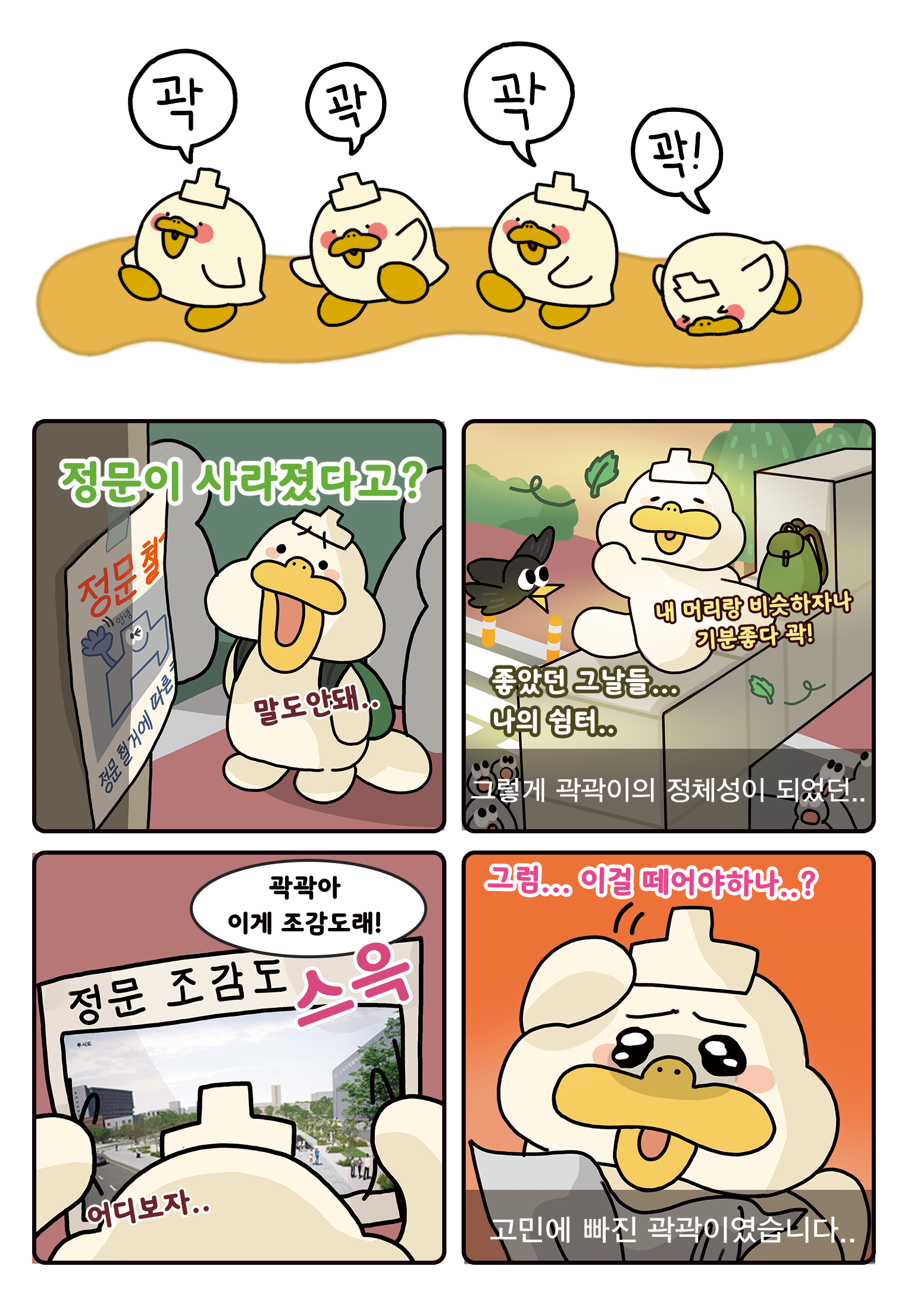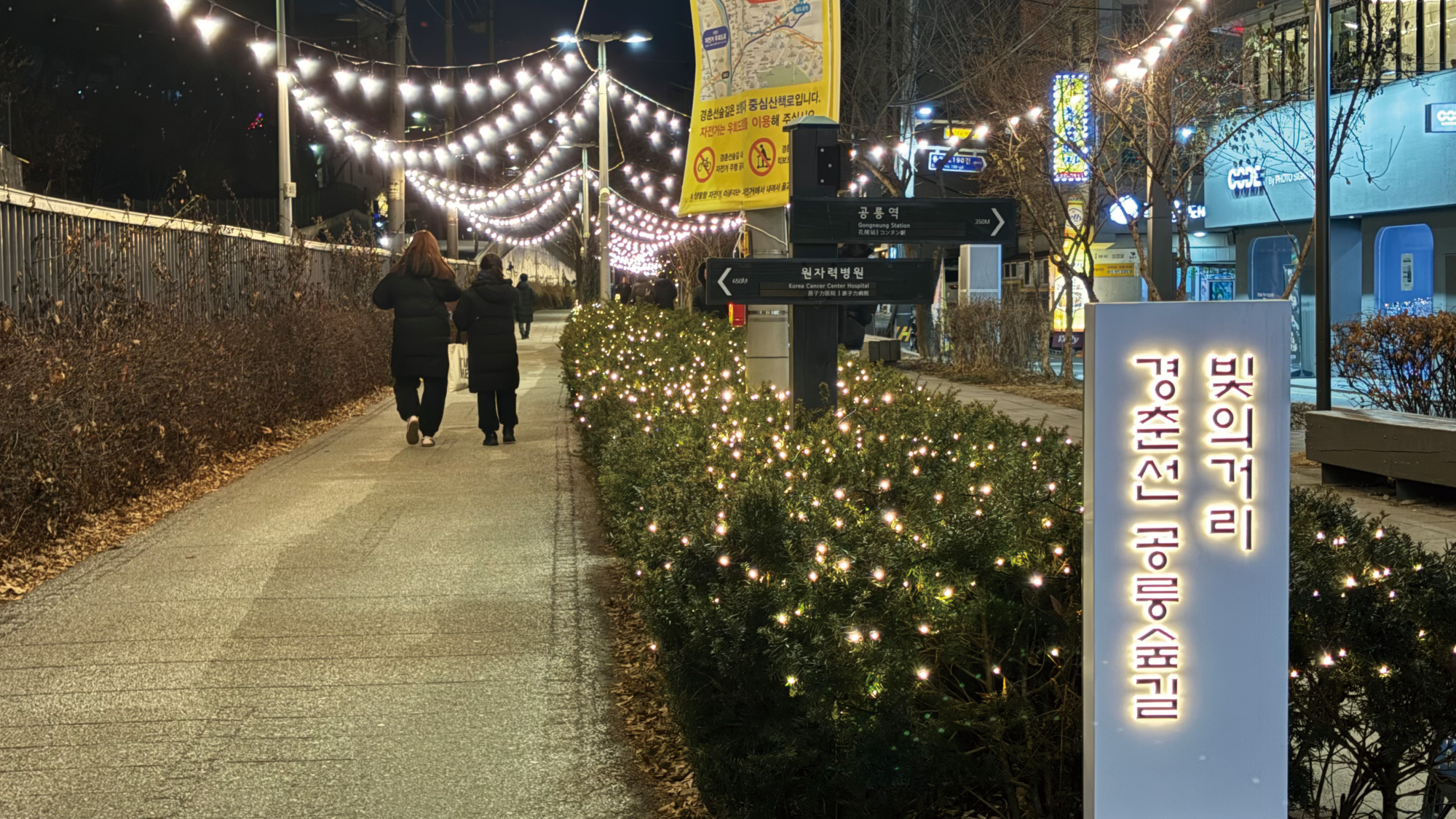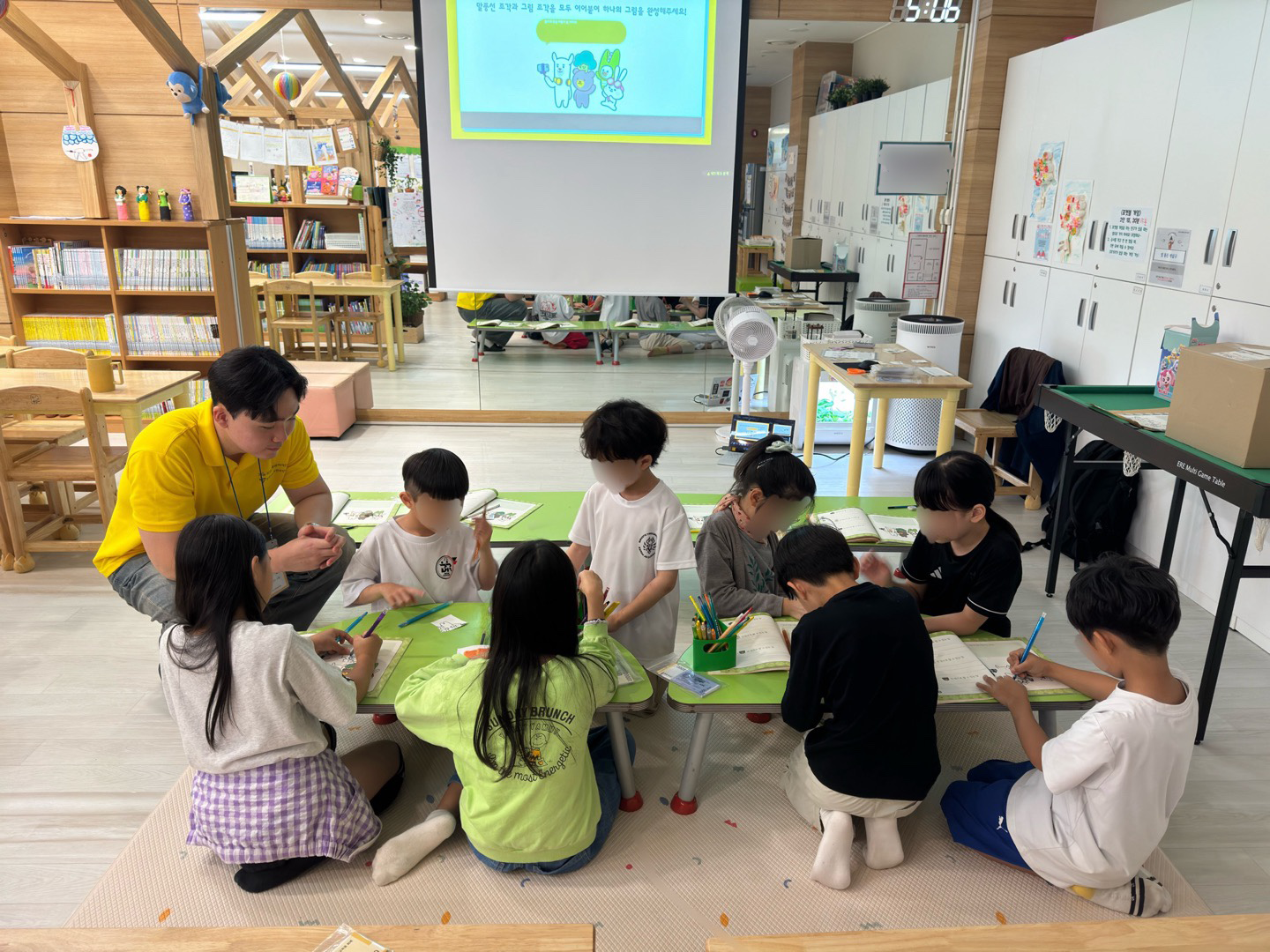People of a time of no-good fortune
As we grow older, it often feels as though the small, fortunate moments that used to brighten our everyday lives become less frequent. When I was younger, something as simple as getting out of school early on a Saturday felt like a stroke of luck, a little victory during routine. But now, when a class ends early or a meeting is canceled, I don’t feel that same sense of gratitude. Instead, I think about the next task on my list or about taking a brief, necessary break before continuing work.
It seems that as we age, we begin to perceive luck in much broader or grander terms. Winning the lottery, landing a significant discount, or stumbling upon a major opportunity—these are the only kinds of luck that stand out to us. But why does it feel like luck has become so elusive in modern times? Is it because we’re sacrificing more sleep to meet our obligations? Or perhaps it’s because we’re so focused on merely getting through each day that we’ve lost the ability to notice the smaller blessings that once felt so significant.
According to the dictionary, luck is defined as "good fortune" or "happy chances." Yet, in today's world, happiness seems to have become an expensive commodity. Everyone wants to be happy, but it feels like no one really knows what happiness is or when it will come. We’re often too busy to even stop and reflect on it, running through life as though we’re following someone else’s script—doing what we’re told and mimicking the actions of those around us.
There are moments, though, when we’re reminded to pause. For instance, when taking the subway at dusk, a broadcast might encourage passengers to look outside and enjoy the view. Surprisingly, there have been complaints about this announcement, as some people just want the journey to proceed in silence. But perhaps it’s this very impatience, this resistance to slowing down, that signals our need for more pause in life. When I discussed this with a friend, we concluded that leisure doesn't come to us naturally anymore. In fact, if we don’t actively carve out time for it, we end up feeling restless, and the free moments we do have may seem empty or wasted.
To live a fulfilling life, we must take some time for reflection and enjoyment, even though we are in a busy schedule. It seems that by engaging in activities not for necessity but for personal pleasure, we can find fragment of our own luck. There are areas of interest or passion in life—small, seemingly unnecessary pursuits—that nourish our souls and give sort of pleasure in the way of soothing our heart. A passage from a book read casually can give us a spark in our brain or lead us to a new path. Luck doesn’t always come from something important in one’s life or obvious sources. Instead, it sneaks in through the small cracks, hidden in quiet moments or overlooked opportunities. It’s up to us to be attentive enough to notice it and brave enough to reach out when it appears.
Yet, recognizing and grasping luck requires a certain mental readiness. If we leave coincidences unnoticed, they remain just that—mere coincidences. It’s only when we consciously act on them that they become something more meaningful. In the end, the only things that can truly counter feelings of nihilism are altruism and love. Life can often feel empty or disappointing, with efforts that go unrewarded and cherished things that fade or lose their value over time. However, all good things—whether small moments of luck or larger joys—are born from love and selflessness. And this isn’t just romantic love, but love for others, for life, and for us.
New attempts to consciously enrich your life often result in unexpected rewards, which leads you to new forms of luck. As I became a college student, I realize that I know more and have a more mature perspective compared to my childhood, holding on to luck seems increasingly elusive. This is a common idea shared by many adults, who often look at children with envy, admiring their creativity and spontaneity. However, this kind of creativity is not exclusive to youth. Adults are capable of the same innovative thinking, but we always make excuses for not tapping into it.
Many claim that the innocence of childhood is gone, that life’s responsibilities have crowded out the space for imagination. But what holds adults back is not the loss of innocence—it’s the anxiety over making free choices and the constant awareness of being judged by others. The pressure of making the “right” decisions according to societal expectations, dull our sense of adventure and stifle our creativity. As a result, opportunities for luck that are right in front of us often go unnoticed or unappreciated, passed over in favor of safer, more predictable paths. There is no reason to hesitate when it comes to embracing luck. When we take active steps toward it, not only do we invite more diversity and richness into our lives, but we also create opportunities to share these fortunate moments with those we care. By engaging more openly and consciously with the chances that come our way, we can make our lives to expand in unexpected and meaningful directions. Luck is not something that simply comes to us—it’s something we can cultivate with active participation in life’s possibilities.






